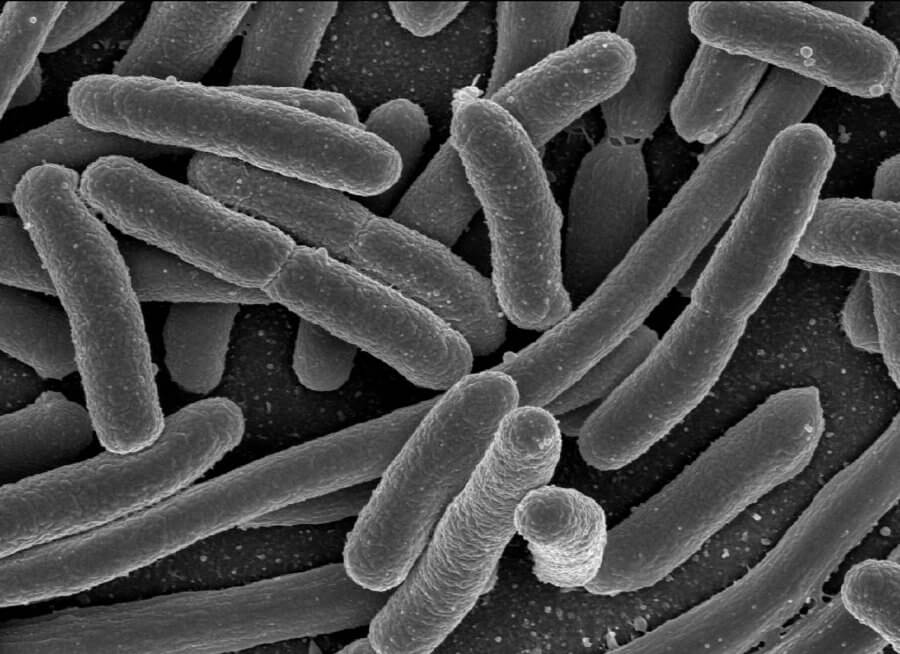- Get link
- X
- Other Apps

Richard Lensky, a highly respected biologist at the University of Michigan in scientific circles, who spoke at a special scientific event held on February 26, believes that Charles Darwin was in fact wrong about some aspects of evolution. The researcher was able to prove that in some cases we can observe the process of evolution even now.
The question for Lensky in this study was the assertion of Charles Darwin in his work, The Origin of Species, that evolution is an extremely slow process that requires a huge amount of time even in the case of individual changes of a particular species that they undergo from generation to generation.
Lensky determined that the process of evolution can actually be observed and it takes place over decades, and not at all over centuries and millennia. The biologist came to this conclusion after a 26-year experiment to observe the development of Escherichia coli bacteria.
The absolutely clear thing in the study is that the freezing plants that were used to conduct this experiment and observation, work as a kind of time machine, allowing scientists to look at the evolution process with their own eyes. Lenski claims that in 26 years of research, he witnessed the birth and death of more than 59 thousand generations of E. coli bacteria.
One of the longest scientific experiments on the study of the processes of evolution began in the distant 1988 year. The scientist notes that since that time, bacterial cultures have almost doubled in size and show a faster mutation process than before. In addition, microorganisms have learned to more efficiently use glucose, which was in their growth environment.
Interesting here is the fact that one of the twelve individual generations of bacteria formed, as Lensky himself says, a new type of bacterium capable of feeding and existing in an environment consisting of a derived element of citric acid, citrate, which the scientist added to the growing bacterial environment. As a rule, E. coli cannot live in such an environment, but a single culture, to the surprise of a scientist, was able to adapt to this.
Speaking at the presentation of Time Travel in Experimental Evolution, held at the Museum of Mineralogy and Geology at Harvard University, Lensky also said that the current generation of E. coli bacteria shows almost 80 percent more rapid growth than the generations of bacteria with which the scientist began 26 years ago.
“I call this research an experiment because the bacteria that I study continue to behave incredibly interesting for science. I hope that this experiment will continue after me, ”the scientist shares.
Studies such as this are very important, since it is they who can contain the necessary clues to answer questions about how various living species occurred on our planet, as well as how “simple” turned out to be “difficult”. These questions have tormented evolutionary biology for centuries, and perhaps it is our generation that stands on the threshold of finding answers to them.
The article is based on materials .
- Get link
- X
- Other Apps
Comments
Post a Comment